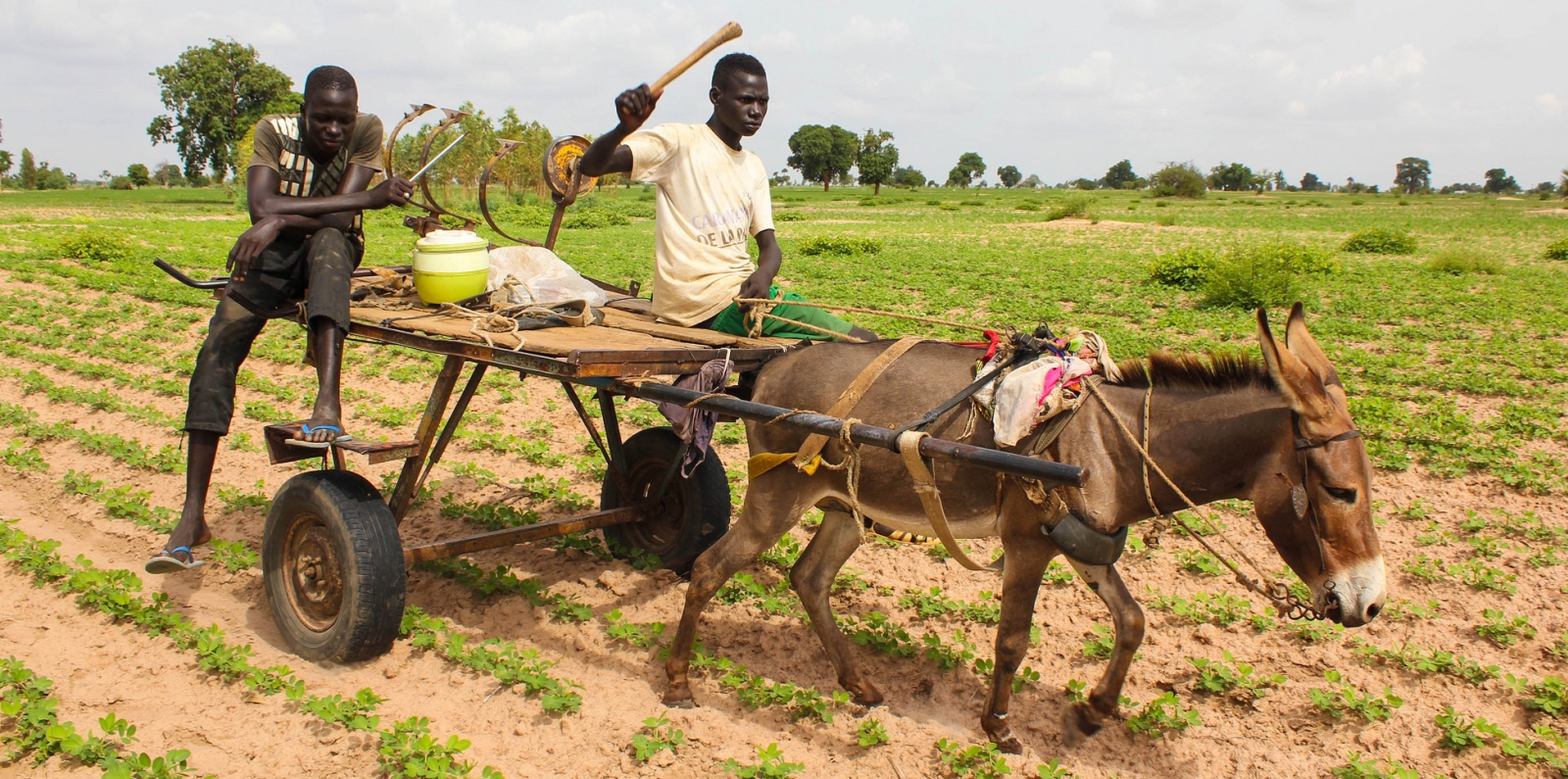Originally published on the World Bank website.
Photo: Daniella Van Leggelo-Padilla
June 9, 2011, WASHINGTON – Partners in the Global Agriculture and Food Security Program (GAFSP), a new fund to increase agriculture productivity and reduce poverty, announced today that four countries – Cambodia, Liberia, Nepal and Tajikistan - will receive the fund’s third round of grants totaling $160 million. At a time when food prices are on the rise, the grants will help each country to increase food security, raise rural incomes and reduce poverty by enabling small holder farmers to grow more crops and earn more.
“In its actions today, GAFSP has again demonstrated that it is smart and effective,” said Lael Brainard, U.S. Under Secretary of the Treasury for International Affairs. “The fund is reducing hunger in some of the poorest countries, and is reaching farmers and families. However, the fund requires more resources if it is to sustain course. If other donors do not contribute soon, other deserving poor countries will be turned away and our efforts to strengthen global food security will be weakened during a critical moment of need. We encourage our partners in the G-8 and the G-20 to join us in this effort by investing in GAFSP and helping to reduce hunger and poverty.”
The World Bank estimates that the most recent food price spike drove an additional 44 million people into poverty. According to the Food and Agriculture Organization, 925 million people are hungry and undernourished. With the outlook for future food prices uncertain, GAFSP seeks to improve food security and reduce poverty by delivering targeted financing for the agriculture sector in low-income countries.
“With food prices remaining high and volatile, developing countries are requesting support for their efforts to improve agricultural productivity,” said World Bank Managing Director Ngozi Okonjo Iweala. “We see this as an integral part of the campaign to ‘put food first.’”
This is the third round of countries to receive funding to support country-driven investment in agriculture and food security through GAFSP. Of the 25 countries that had applied prior to the October 1, 2010 deadline, 12 have now been awarded grants.
“Additional resources for investment help the countries to make strategic moves for food security, elevate the sectors concerned, and realize the long-term plan objectives of a decent life for the people and thus enable us, in a time of food crisis, to work towards a collective future for the world, " said Mr. Kazi M. Aminul Islam, GAFSP Steering Committee South Asia Representative.
In Cambodia, GAFSP funds totaling $39.1 million will support increased productivity and diversity of agriculture in selected highly food-insecure and economically-depressed areas.
In Liberia, $46.5 million in GAFSP funds will enhance the income of smallholder famers, particularly women and youth, through sustainable irrigable land expansion, land husbandry improvement, and improvement of market access. It will also build capacity for adaptive agricultural research and improve agricultural advisory services.
Nepal will receive $46.5 million, and GAFSP funds will enhance household food security in the poorest and most food-insecure regions through increased agricultural productivity, household incomes and awareness about health and nutrition in the mid-western and far-western development regions.
In Tajikistan, $27.9 million in GAFSP funds will boost food security through increased crop production resulting from improved sustainable irrigation and drainage infrastructure and improved water resource management policies.
The winning countries were selected by the fund’s Steering Committee based on the recommendations of an independent review conducted by global agriculture experts. In addition to having strong needs, the successful proposals demonstrated a comprehensive national agriculture strategy, technically sound interventions to increase agricultural productivity and a commitment to invest their own resources in the agriculture sector.
To date a total of $925 million has been pledged to GAFSP by Australia, the Bill & Melinda Gates Foundation, Canada, Ireland, South Korea, Spain, and the United States, with funds going to countries that have strategic, innovative and credible plans already in place to improve agricultural productivity and food security.
The countries awarded GASFP funding in previous rounds are: Bangladesh, Ethiopia, Haiti, Mongolia, Niger, Rwanda, Sierra Leone and Togo.
Type
NewsDate
Focus area
- Access to Finance
- Climate Change
- Fragility
- Gender
- Inclusive Business
- Nutrition
